Introduction
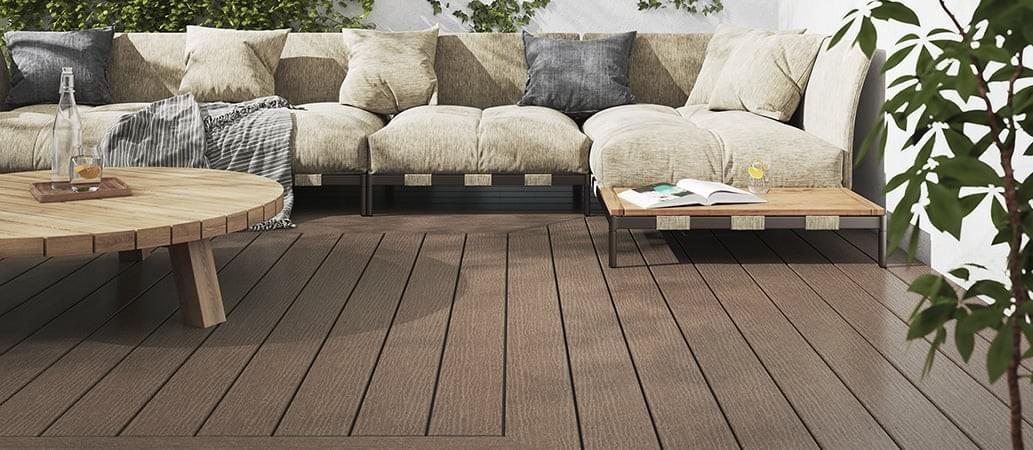
In the world of outdoor construction, two materials often find themselves at the forefront of debate: uPVC and composite materials. With their unique characteristics and diverse applications, understanding these options is crucial for homeowners and builders alike. This introduction sets the stage for a deep dive into their features, benefits, and potential drawbacks as we explore the question: which is better—uPVC or WPC?
Understanding uPVC and Composite Materials
uPVC, or unplasticized polyvinyl chloride, is a popular choice known for its durability and resistance to weathering. On the other hand, composite materials often combine wood fibers with plastic to create a versatile product that mimics natural wood while providing enhanced longevity. The nuances between these two materials are essential in determining which is more suitable for your needs.
Applications in Decking, Cladding, and Fencing
Both uPVC and composite materials have made significant strides in applications like decking, cladding, and fencing. Homeowners frequently weigh options such as Is PVC or WPC better for decking? when considering their outdoor projects. From stylish cladding to sturdy fencing solutions, each material offers distinct advantages that cater to various aesthetic preferences and functional requirements.
The Great Debate: uPVC vs Composite
The ongoing debate of upvc vs wpc has homeowners pondering crucial questions about performance and value over time. Many wonder about the disadvantages of WPC decking compared to its uPVC counterpart; after all, making an informed decision can save both money and headaches down the road! As we delve deeper into this comparison throughout our discussion, we’ll answer pressing questions like Which is better composite or upvc decking? ensuring you’re equipped with all the information you need.
The Basics of uPVC and Composite

Defining uPVC and its Characteristics
uPVC, or unplasticized polyvinyl chloride, is a rigid form of PVC that has gained popularity due to its durability and low maintenance requirements. Known for its resistance to weathering, rotting, and corrosion, uPVC is an excellent choice for outdoor applications like decking and fencing. Additionally, it doesn't require painting or sealing—just an occasional wash with soap and water keeps it looking fresh.
One of the standout characteristics of uPVC is its impressive lifespan; it can last decades without significant wear or damage. This longevity makes many homeowners wonder: Which is better WPC or UPVC? The answer often depends on specific project needs; however, uPVC's ability to withstand harsh environmental conditions gives it a strong advantage in many scenarios.
Exploring Composite Materials
Composite materials are engineered products made from a combination of wood fibers (or other natural materials) mixed with plastic polymers. Often referred to as WPC (Wood Plastic Composite), these materials aim to replicate the natural look of wood while providing enhanced durability against moisture and pests. Composite decking has become increasingly popular because it offers a warm aesthetic without sacrificing performance.
However, when considering whether Is PVC or WPC better for decking?, it's essential to weigh the pros and cons carefully. While composite materials can offer a more authentic wood-like appearance than uPVC, they may require more maintenance over time due to potential fading or mold growth if not properly cared for. Understanding these nuances helps inform your decision-making process when selecting between these two options.
Key Differences Between uPVC and Composite
The primary difference between uPVC and composite lies in their composition—uPVC is purely synthetic while composites blend organic elements with synthetic polymers. This distinction leads to varying characteristics that can impact your choice based on aesthetics or functionality. For example, while both are durable choices for outdoor applications like fencing or decking, composites often provide a more natural appearance that some homeowners prefer.
Another consideration in the which is better: composite or upvc decking? debate revolves around maintenance needs; generally speaking, uPVC offers lower upkeep compared to composites which may need periodic cleaning or treatments against mold growth. Additionally, potential disadvantages of WPC decking include susceptibility to scratches compared to the robust surface of uPVC products—an important factor if you're looking for something that can withstand heavy foot traffic.
In summary, understanding the basics surrounding these two material options lays the groundwork for making an informed decision on your next home improvement project—whether you lean towards the reliability of uPVC or the aesthetic appeal of composite materials.
Durability and Maintenance Comparison
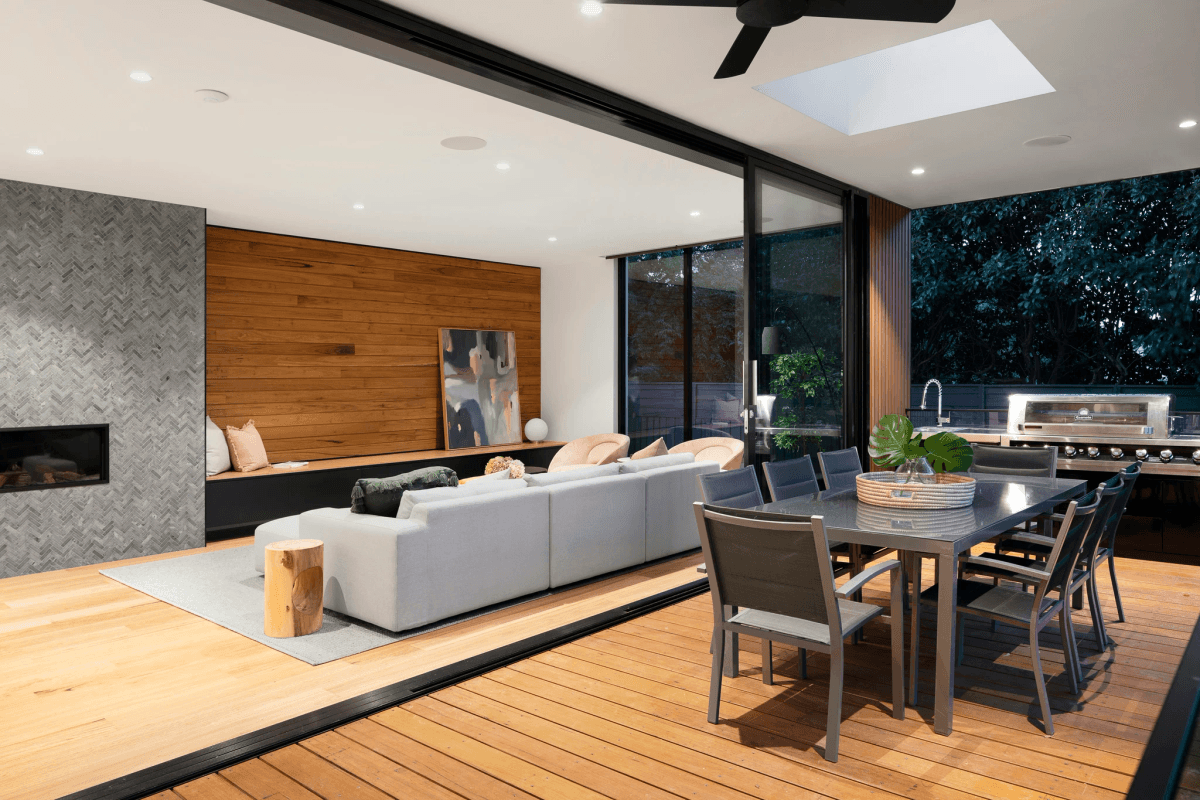
When it comes to durability and maintenance, the showdown between uPVC and composite materials is crucial for homeowners looking to invest in decking, cladding, or fencing. The longevity of these materials directly impacts their overall value, making it essential to understand how each performs over time. In this section, we’ll dissect how uPVC stands up against the elements, explore the lifespan of composite decking, and weigh the maintenance needs of both options.
How uPVC Stands Up Over Time
uPVC is renowned for its impressive resilience against weather extremes, making it a popular choice among builders and homeowners alike. Unlike wood or WPC (wood-plastic composite), uPVC won’t warp, crack or rot when exposed to moisture or UV rays—an essential factor when considering which is better: WPC or UPVC? However, while uPVC certainly has its advantages in durability, some may argue that prolonged exposure can lead to fading over time; yet this can often be mitigated with proper care.
Moreover, one of the major benefits of uPVC in terms of longevity is its resistance to pests like termites and other wood-destroying insects. This makes it a reliable option for those living in regions prone to such infestations. In the battle of upvc vs wpc regarding durability over time, it's clear that uPVC holds its ground quite well.
The Longevity of Composite Decking
Composite decking has gained popularity due to its blend of wood fibers and plastic polymers designed specifically for endurance. When comparing “Is PVC or WPC better for decking?”, many find that composite materials offer a longer lifespan than traditional wood options—often lasting 25 years or more with minimal wear and tear. However, despite their resilience against fading and splintering compared to natural wood alternatives, they may still fall short against extreme weather conditions when pitted against robust uPVC.
One notable downside is that while composite decking is designed for longevity, it can be prone to staining from spills if not treated properly—leading some homeowners to question what are the disadvantages of WPC decking? Overall though, when examining the longevity aspect within the context of upvc vs wpc competition in outdoor applications like decking and cladding, composite materials hold their own but may require more vigilance concerning maintenance.
Maintenance Needs: Which is Easier?
When considering maintenance needs between these two heavyweights—uPVC vs WPC—the scales tip favorably towards uPVC due largely to its low-maintenance nature. A simple wash with soap and water will usually suffice for upkeep; there’s no need for sanding or sealing as you would with traditional wooden decks or even some composites. This ease-of-care factor begs the question: which is better—composite or upvc decking—in terms of day-to-day upkeep?
On the flip side, while composite materials do require less maintenance than natural wood (no need for regular staining or painting), they still demand occasional cleaning solutions specifically formulated for composites to prevent mold growth—a common concern among many homeowners exploring their options in “Which is better WPC or UPVC?”. Ultimately though both choices present unique pros and cons regarding upkeep; if hassle-free living tops your priority list then you might lean toward choosing uPVC.
Aesthetic Appeal and Design Options
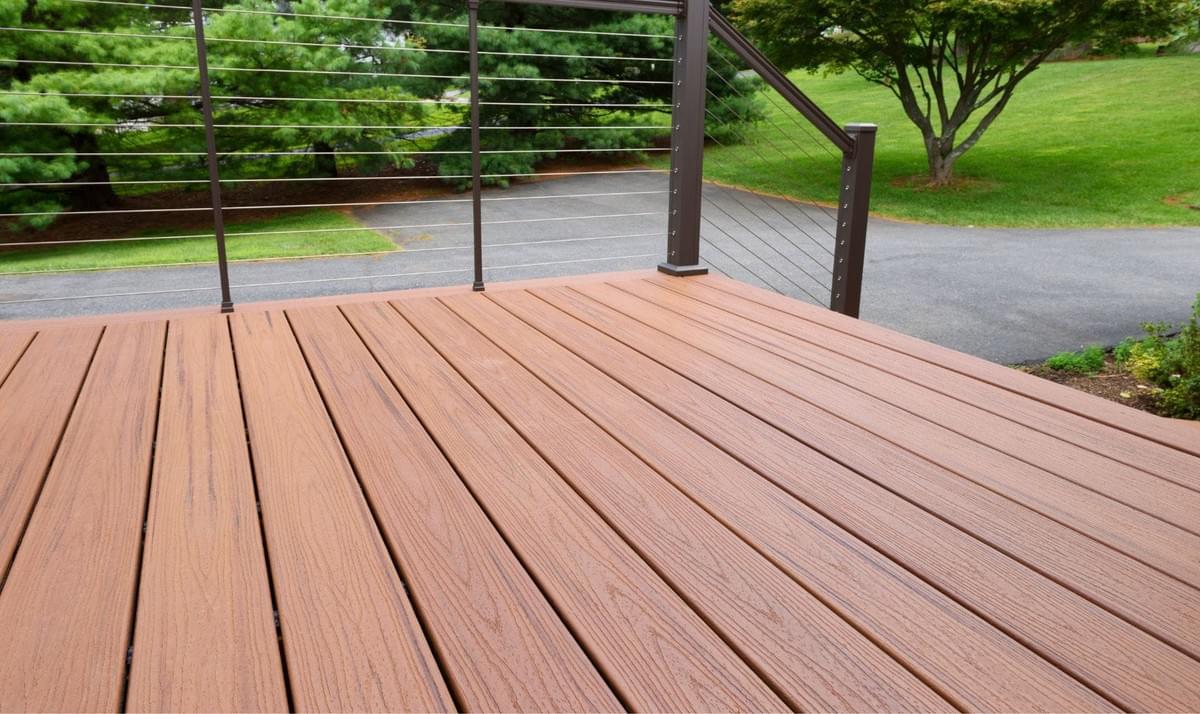
When it comes to aesthetics, both uPVC and composite materials offer unique advantages that can complement any project. Homeowners often find themselves pondering Which is better, composite or uPVC decking? The answer largely depends on personal preference, desired look, and the specific application—decking, cladding, or fencing.
Visual Versatility of uPVC
uPVC boasts a remarkable visual versatility that makes it a popular choice for various architectural styles. Available in a wide array of colors and finishes, uPVC can mimic the appearance of wood without the associated maintenance woes. This adaptability allows homeowners to seamlessly integrate uPVC into their design vision while enjoying durability that stands up against weather elements.
In the ongoing debate of upvc vs wpc, it's clear that uPVC's finish options provide an edge for those seeking a sleek and modern aesthetic. With smooth surfaces and vibrant hues, this material can enhance everything from contemporary homes to classic designs. So if you're asking yourself Is PVC or WPC better for decking? consider how well each aligns with your style goals.
The Natural Look of Composite Materials
On the flip side, composite materials are revered for their natural appearance that closely resembles traditional wood. This aesthetic appeal makes them an ideal choice for homeowners who appreciate the warmth and charm of timber but want to avoid its drawbacks like rotting or warping over time. Composite decking brings an organic feel to outdoor spaces while providing superior performance compared to natural wood.
However, when weighing up Which is better WPC or UPVC?, remember that while composites offer a rustic allure with rich textures, they may not match the sleekness of uPVC finishes in modern settings. The earthy tones found in composite materials can create inviting atmospheres perfect for gardens or patios; just be aware that some might find these colors less versatile than what uPVC offers.
Customization Possibilities in Decking and Cladding
Customization is where both materials shine but in different ways—uPVC often allows for more color choices while composites offer varied textures and patterns that mimic real wood grains beautifully. Homeowners looking at What are the disadvantages of WPC decking? should consider its limited color palette compared to vibrant options available with uPVC products.
Moreover, many manufacturers now provide customizable features like railings and trims specifically designed for both types of materials—giving you even more freedom in creating your dream space! As you navigate through your options between upvc vs wpc choices, think about how important customization is to your project; whether you're leaning towards a polished look or something more rustic will guide your decision-making process.
Cost Analysis: Investment or Savings?
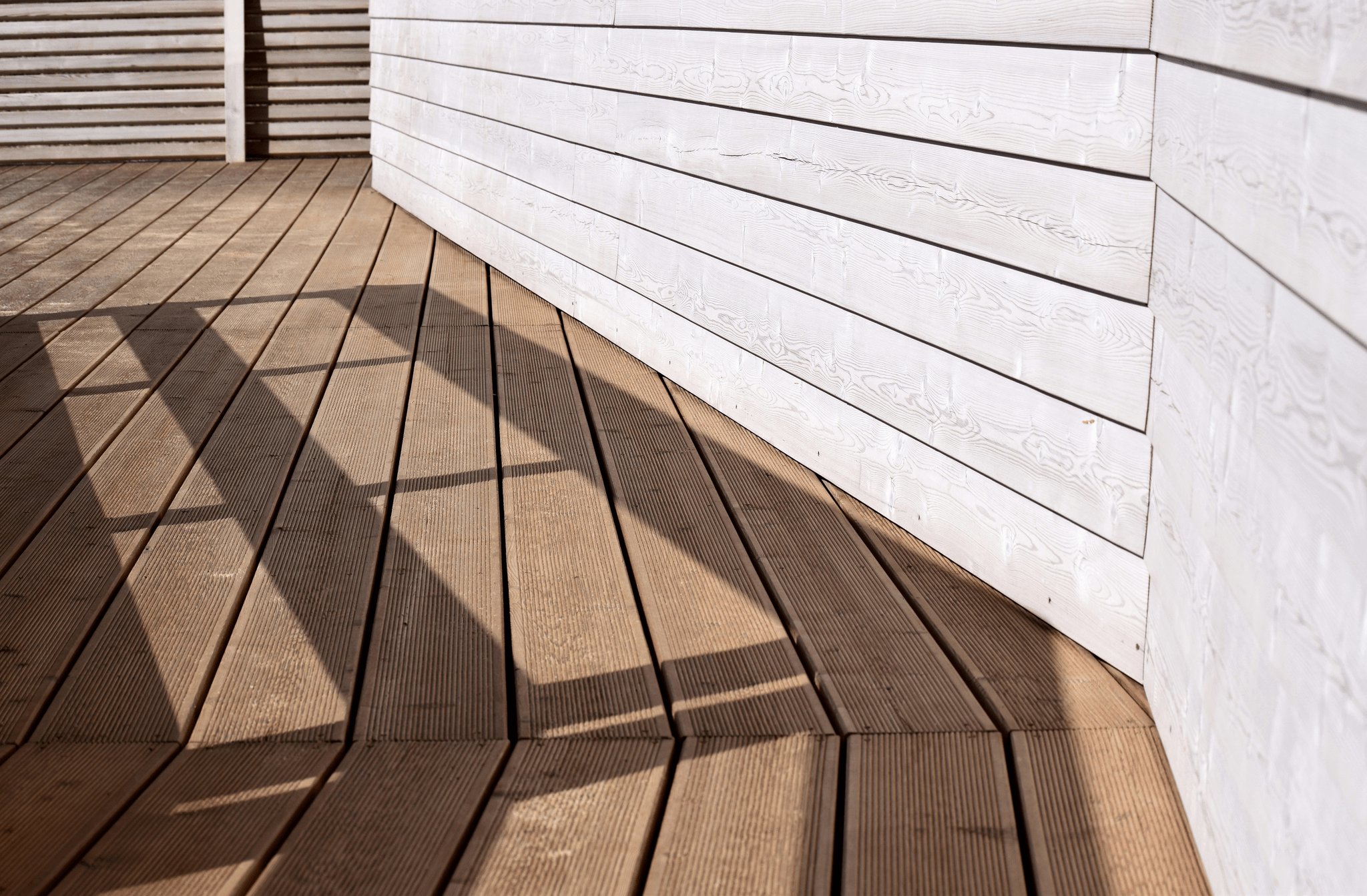
When considering the financial aspects of decking, cladding, and fencing materials, the cost is often a major deciding factor. The debate of upvc vs wpc brings into question not only the initial investment but also long-term savings. Understanding these costs can help you decide which is better: WPC or UPVC?
Upfront Costs of uPVC vs Composite
The upfront costs for uPVC and composite materials can vary significantly, impacting your overall budget. Generally, uPVC products tend to be more affordable than their composite counterparts. However, while you might save some cash with uPVC initially, it’s crucial to consider whether those savings translate into long-term value.
Composite materials, like WPC (Wood Plastic Composite), often come with a higher price tag upfront due to their manufacturing processes and enhanced aesthetics. Is PVC or WPC better for decking? If you're looking for a more natural look and feel in your outdoor space, the investment in composite may be worth it despite the higher initial costs. Ultimately, your choice should reflect your specific needs and aesthetic preferences.
Long-Term Financial Considerations
When evaluating long-term financial considerations between upvc vs wpc, it's essential to think about durability and maintenance costs over time. While uPVC may have a lower purchase price initially, it could require more frequent replacements or repairs due to wear and tear compared to composite materials that are designed for longevity.
In contrast, WPC offers excellent durability that can lead to fewer replacements over time; however, it may have higher maintenance needs than uPVC products if not properly cared for. What are the disadvantages of WPC decking? While they are generally low-maintenance compared to wood alternatives, they can still require periodic cleaning and occasional sealing depending on exposure to elements.
Which Offers Better Value for Money?
Determining which option offers better value for money—composite or upvc decking—requires a holistic view of both short-term expenses and long-term benefits. If you’re primarily focused on immediate savings without considering future implications, uPVC might seem like an attractive choice at first glance.
However, if you take into account longevity and reduced maintenance efforts over time with WPC products, many homeowners find that investing in composites pays off in the long run. Thus arises the question: Which is better WPC or UPVC? The answer lies in balancing your initial budget against what you hope to achieve from your outdoor space over its lifetime.
Environmental Impact and Sustainability
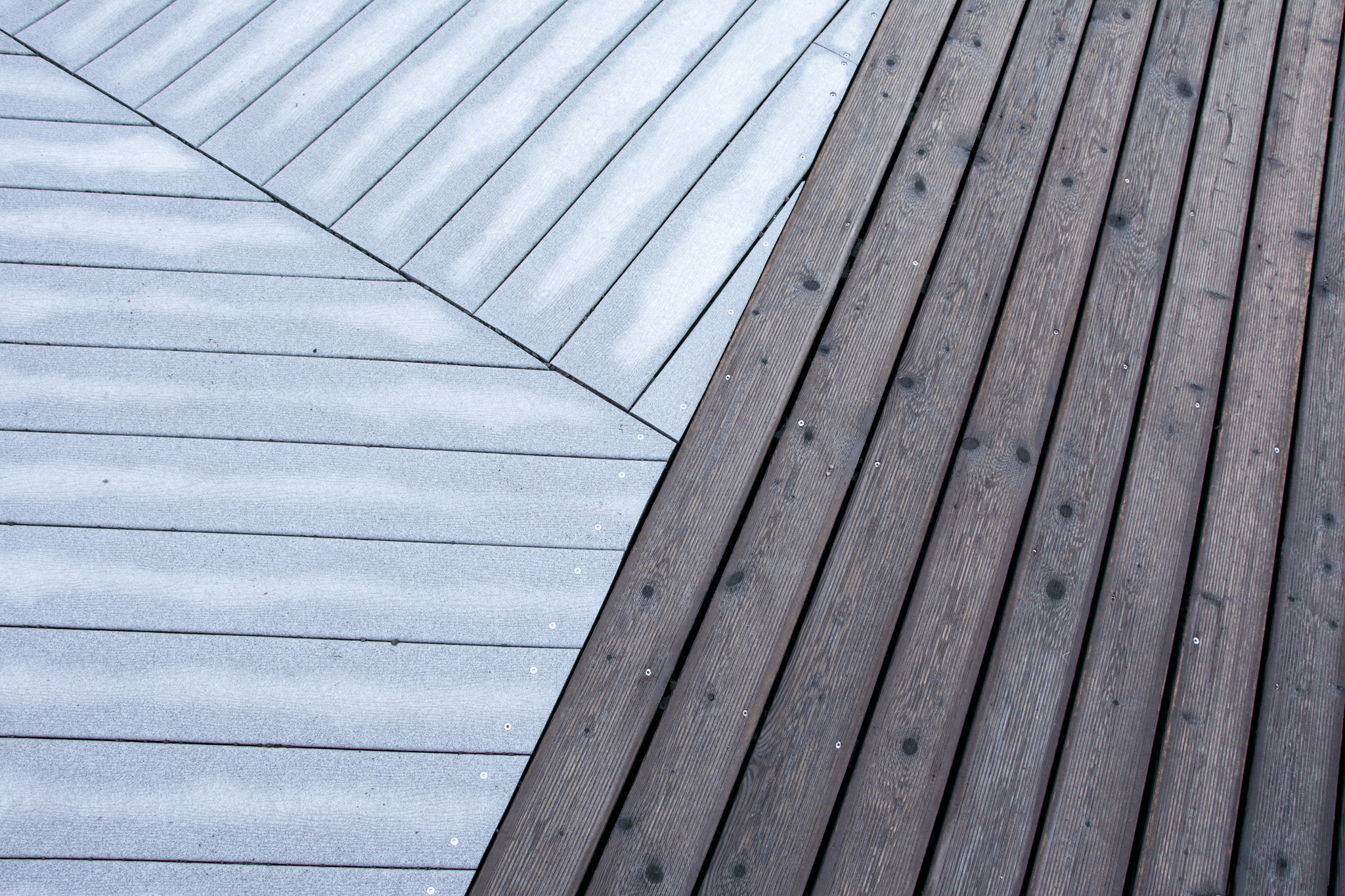
When it comes to environmental impact, both uPVC and composite materials have their strengths and weaknesses. As consumers become increasingly eco-conscious, understanding the sustainability of these materials is crucial for making informed choices. This section delves into the eco-friendliness of uPVC products, sustainable practices in composite decking, and a comparison of the carbon footprints associated with both options.
Eco-Friendliness of uPVC Products
uPVC, or unplasticized polyvinyl chloride, is often touted for its longevity and recyclability. While some may argue that it’s not biodegradable, uPVC can be recycled multiple times without losing its properties, making it a more sustainable option than many traditional materials. However, it's essential to weigh these benefits against potential environmental concerns associated with its production process when considering upvc vs wpc.
Despite criticisms regarding its manufacturing emissions, many manufacturers are now implementing greener practices to reduce their ecological footprint. So when asking Which is better WPC or UPVC? it's important to consider not only the material's longevity but also how responsibly it's produced and managed at the end of its life cycle. Ultimately, while uPVC has its advantages in durability and recyclability, it’s vital to examine how these factors align with personal values regarding sustainability.
Composite Decking Inc and Sustainable Practices
Composite decking companies are stepping up their game by incorporating recycled materials into their products—making them an attractive option for environmentally conscious consumers. Many brands use a mix of wood fibers and plastic waste to create durable surfaces that mimic natural wood without contributing significantly to deforestation or plastic pollution. When considering whether Is PVC or WPC better for decking?, one must acknowledge that composite options often boast a more favorable environmental profile due to their use of reclaimed resources.
Moreover, Composite Decking Inc emphasizes sustainable practices throughout their supply chain—from sourcing raw materials responsibly to promoting recycling initiatives post-installation. This commitment not only enhances the appeal of composite decking but also helps mitigate some disadvantages associated with WPC decking—such as susceptibility to mold if not properly maintained. Therefore, those pondering Which is better: composite or upvc decking? should take into account the broader context of sustainability within which these materials exist.
Comparing the Carbon Footprint of Both Materials
When comparing the carbon footprints of uPVC vs WPC products, it's essential to consider various factors such as production processes and lifecycle impacts on the environment. Generally speaking, while uPVC has lower initial emissions during production compared to traditional wood products, its long-term environmental impact can vary based on recycling capabilities after use. Conversely, although WPC may have higher initial emissions due to its mixed material composition during manufacturing stages—its potential for recycling makes it an appealing choice in terms of overall sustainability.
However, there are also disadvantages associated with WPC decking that cannot be overlooked; for example, if improperly maintained over time it could lead to increased waste generation from replacements or repairs due to deterioration issues like warping or fading under UV exposure. Thus asking “What are the disadvantages of WPC decking?” becomes critical when weighing your options between these two materials in terms of long-term sustainability goals as well as immediate financial considerations regarding installation costs versus maintenance needs down the line.
In conclusion, both uPVC and composite materials offer distinctive benefits regarding environmental impact; however each comes with unique challenges that must be carefully evaluated before making a decision about which material best suits your project needs while aligning with your values around sustainability.
Conclusion
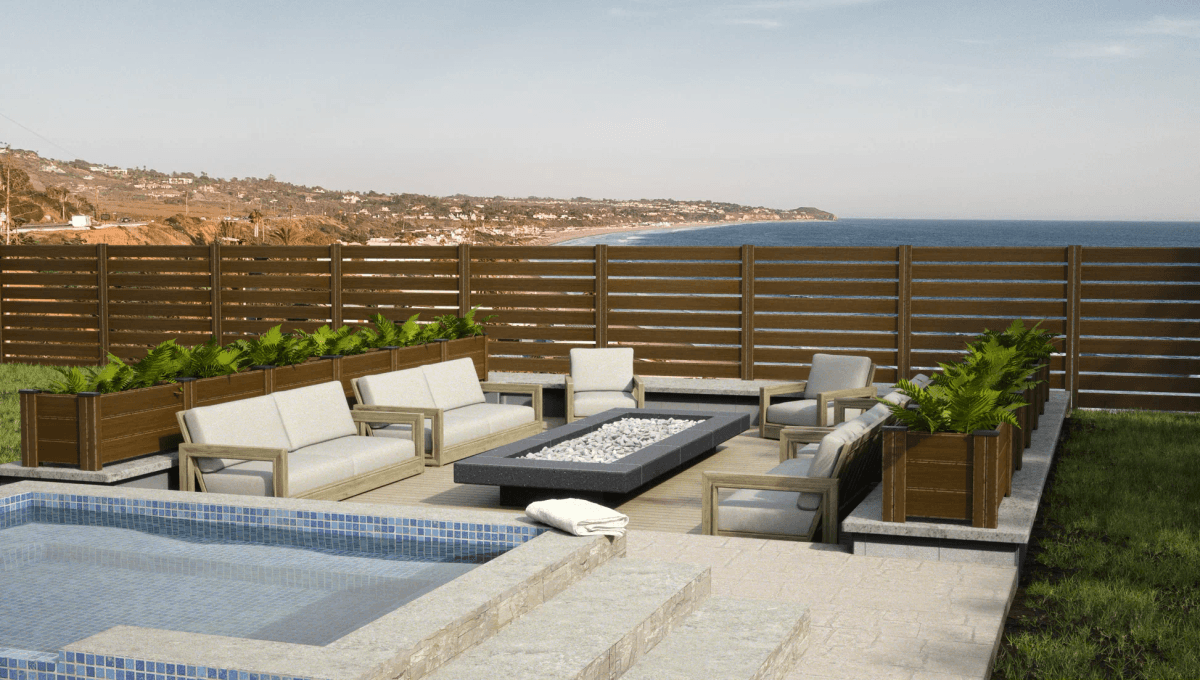
In the ongoing debate of uPVC vs WPC, it’s clear that both materials offer unique benefits and drawbacks. Understanding these distinctions can help homeowners and builders make informed decisions about their projects. Whether you prioritize durability, aesthetics, or cost, knowing which material shines in each category is essential.
Summary of uPVC vs Composite Insights
When we compare uPVC vs WPC, we see that uPVC is often heralded for its low maintenance and long-lasting properties. On the other hand, composite materials like WPC provide a more natural appearance while still being resilient to the elements. However, potential buyers should weigh the disadvantages of WPC decking, such as susceptibility to fading and a higher initial investment compared to uPVC options.
Making the Right Choice for Your Project
So, which is better: WPC or UPVC? The answer hinges on your specific needs and preferences. If you’re looking for a budget-friendly option with minimal upkeep, UPVC might be your best bet; however, if aesthetics are paramount and you're willing to invest more upfront for beauty and a wood-like finish, then composite materials could be the way to go.
Final Thoughts on Decking, Cladding, and Fencing
Ultimately, whether you choose composite or uPVC decking depends on your priorities—be it cost-effectiveness or visual appeal. Both materials have their merits in decking, cladding, and fencing applications; thus understanding their characteristics will lead you to make an informed choice. Remember that investing in quality materials pays off in longevity and satisfaction with your outdoor spaces.
